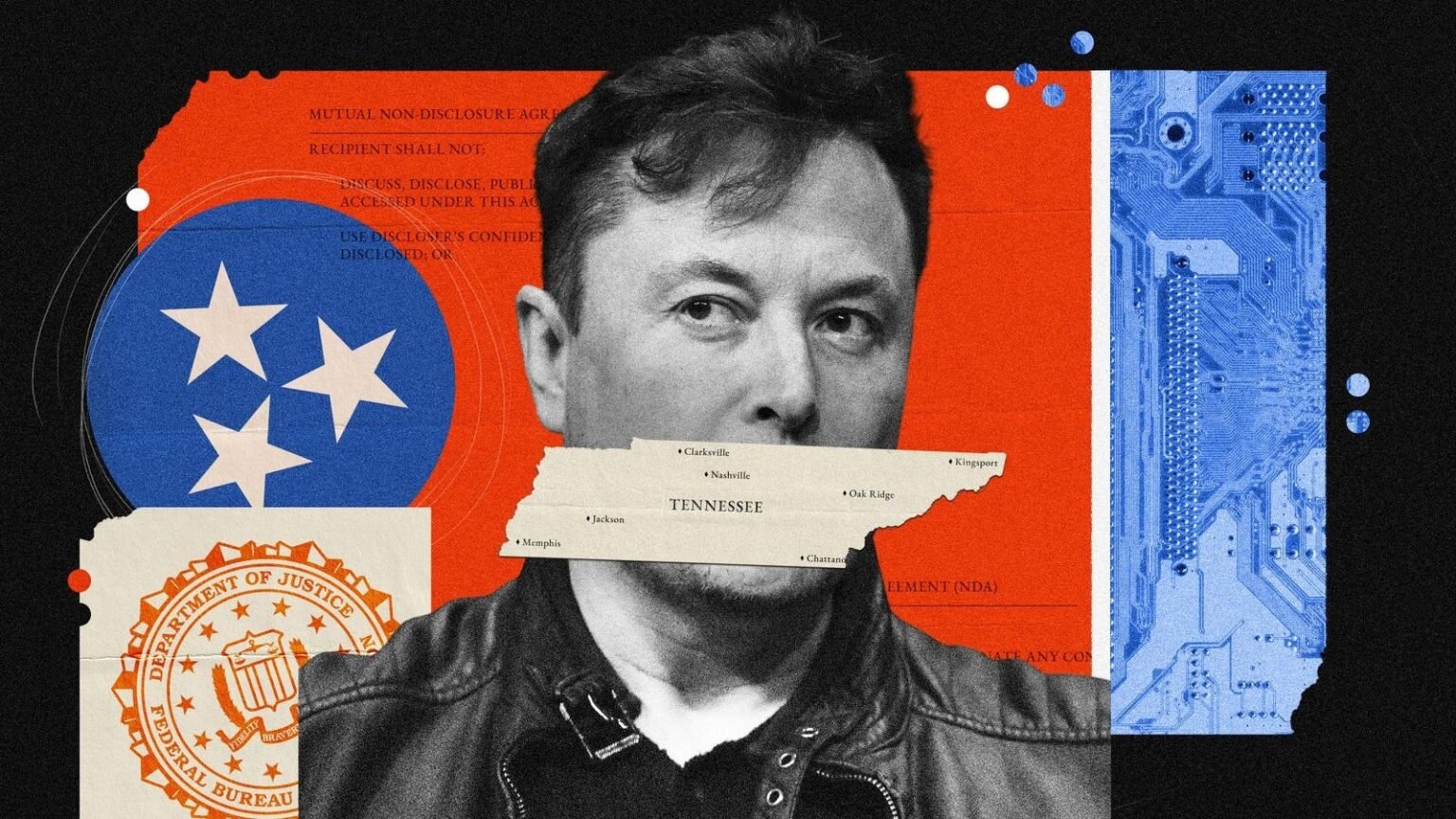Elon Musk, the world’s richest man, has been working on building a massive data center for his AI startup in Memphis, keeping the details of the project shrouded in secrecy. Before the public was aware of Musk’s plans, his team met with various law enforcement agencies in Memphis, including the sheriff’s office, Memphis Police Department, U.S. Department of Homeland Security, and Federal Bureau of Investigations. The Greater Memphis Chamber, which had been involved in the deal behind closed doors, arranged the meeting where non-disclosure agreements were required to tour Musk’s new facility.
Jared Birchall, Musk’s fixer and personal banker, has been heavily involved in managing Musk’s various ventures, including the AI startup xAI. Birchall’s control over Musk’s personal and financial affairs has raised some concerns about the level of secrecy surrounding Musk’s projects. Despite government officials in Memphis signing non-disclosure agreements with xAI, critics, such as the conservation director of the Sierra Club Tennessee Chapter, have questioned the ethics of withholding information from the public.
xAI’s supercomputer, named “Colossus,” was built in an empty factory in Memphis within a short timeframe. The data center’s demands on area resources, such as power and water, have raised concerns among city council members who were not adequately informed about the project. The facility’s massive energy consumption and water usage have sparked debate about the strain it may put on local infrastructure and resources.
The use of non-disclosure agreements by Musk’s companies to keep government officials quiet about projects in their towns is not new. Several communities, including Brownsville, Texas and Bastrop, Texas, have been required to sign NDAs to gain information about Musk’s ventures. Critics argue that these NDAs hinder transparency and access to information that should be available to the public. The secrecy surrounding xAI’s project in Memphis has led to questions about the accountability of government officials and the potential impact on the community.
Environmental concerns have also been raised regarding xAI’s data center, particularly in relation to its gas-powered generators and potential emissions. Community groups have highlighted the potential health risks associated with the generators and their impact on air quality. The use of these generators, along with the facility’s proximity to historically marginalized neighborhoods, has drawn attention to environmental justice issues in Memphis.
Despite the lack of transparency surrounding xAI’s data center in Memphis, community groups and environmental organizations have been pushing for more information and involvement in decisions that affect them. Concerns about the facility’s environmental impact, energy consumption, and water usage have prompted calls for greater transparency and accountability from both xAI and local government agencies. As the project moves forward, residents are seeking more information and transparency about the implications of the data center on the community and the environment.












